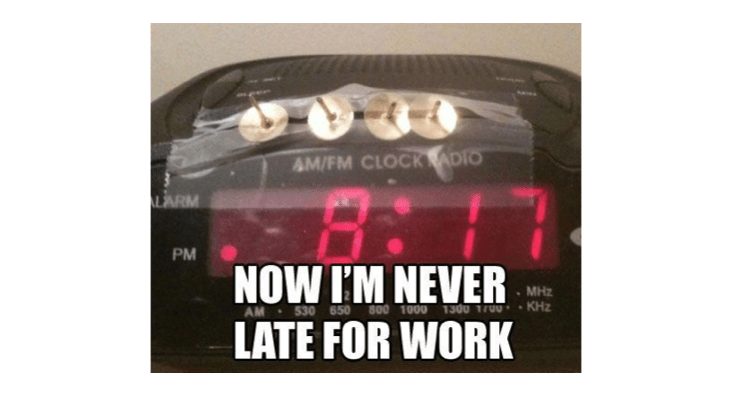
The pitch clock is clearly working, shaving about 25 minutes off game times this spring. But you’re not going to have that luxury anymore.” In those bigger moments, they want to slow things down, control the tempo, their heartbeat, and that’s why the game comes to a standstill. “There are outliers, guys who work really slow, but in my opinion, it’s hitters who slowed the pace of play. “Most pitchers like working quick,” Roberts said. Though there are plenty of notoriously slow-working pitchers - Angels ace Shohei Ohtani and former Dodgers relievers Kenley Jansen and Pedro Baez come to mind - Roberts believes the pitch clock will require more adjustments from hitters, not pitchers. So you maybe take one breath, get back in the box and be ready.” “In the past, you’d kind of step out, take a few breaths to slow things down and get back in there. “I just think you have to refocus a little quicker,” Dodgers utility man Chris Taylor said. “In my opinion, it’s hitters who slowed the pace of play. There have been adjustments since the start of spring training, allowing extra time for players to address malfunctioning PitchCom units, for hitters to get back into the box after brushback pitches or big swings that knock equipment out of place, and for pitchers to return to the mound after covering first or backing up a base.īut once the clock starts, and a pitcher has used his two “disengagements” per at-bat, and a batter has used his one timeout per plate appearance, there is no stopping it, no matter the inning, the score or how pressure-packed the situation. If there is one thing umpires made clear during a month’s worth of exhibitions leading up to Thursday’s opening day, it’s that pitch clock rules will be strictly enforced. But I don’t think we’re gonna get any grace, so we’ve just got to figure it out.”

“You don’t want playoff games, big important games down the stretch, decided by that.


“It’s just gonna be more frustrating when there’s infraction in a big moment,” Dodgers pitcher Clayton Kershaw said.


 0 kommentar(er)
0 kommentar(er)
